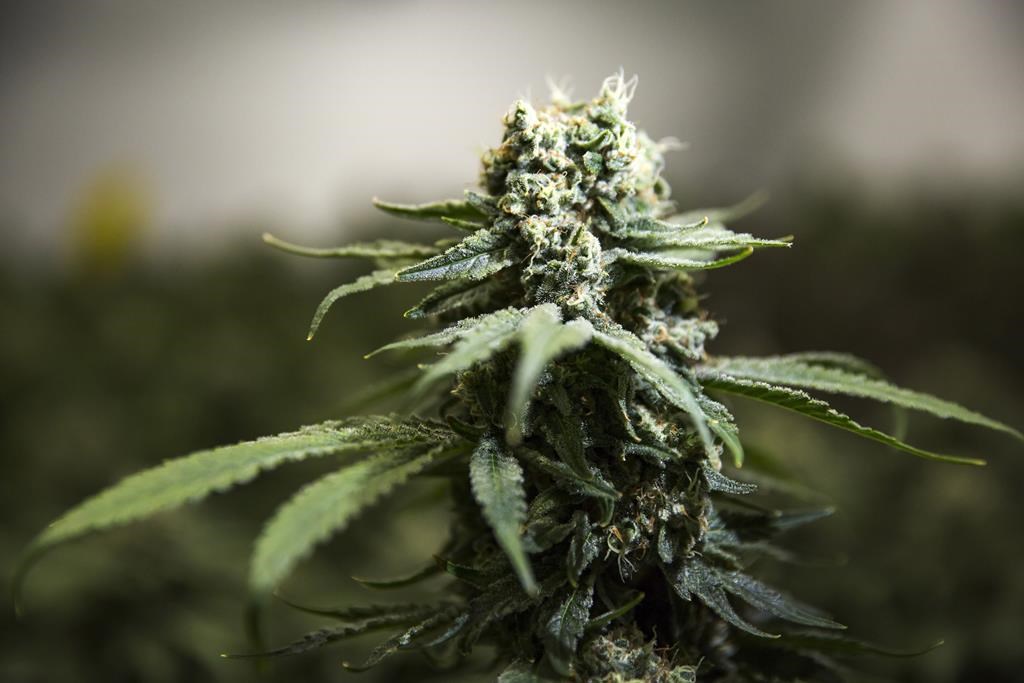Editor’s Note: Additional and up-to-date information around roadside THC testing and SGI’s zero-tolerance policy can be found here.

A Saskatoon resident is shedding a light on her experience of potentially blurred lines around cannabis use and driving in Saskatchewan.
Morgana Scully uses medicinal cannabis for several conditions revolving around chronic disabilities and mental health.
Scully is also a student at USask who is majoring in chemistry with an interest in cannabis.

She was pulled over by police last year and charged after testing positive for THC in her system, but claimed she was not impaired.
Scully said she uses cannabis every day. “I basically need to because if I don’t have a pain medication in my system it feels like my joints are on fire.”
SGI said there is a zero tolerance for cannabis use and driving in Saskatchewan.
“Whether you’re impaired by cannabis, alcohol or other drugs, the consequences are the same — they include licence suspensions, vehicle seizures, financial penalties and the requirement to complete an impaired driving education program,” the SGI website says.
The website also says that if a police officer has reasonable suspicion that a driver has drugs in their system they can demand an oral fluid sample for drugs, as well as a Standard Field Sobriety Test and Drug Recognition Evaluation.

Get daily National news
This zero-tolerance approach is a “per se” law, which allows the province to set a limit to the concentration of alcohol or drugs in a person before it becomes illegal, with the threshold level in Saskatchewan being set to zero.
SGI spokesperson Tyler McMurchy spoke to Global News on the matter to try to clarify issues around cannabis use, but also strongly recommended speaking with police about the topic for further information.
Neither RCMP, Saskatoon Police Service nor Regina Police Service would speak on the matter directly.
RCMP restated its position on cannabis use and driving in a statement to Global News, saying “impaired is impaired.” It also sent a link to the RCMP website that further discussed roadside testing.
The RCMP’s website said even if an oral fluid sample comes back negative, an officer can demand further testing through a Standardized Field Sobriety Test if they see indications of drug use.

If a person fails that test, they could be arrested and put through the 12-step Drug Recognition Expert evaluation.
Mark Brayford, a local defence lawyer, said the messaging from SGI and police isn’t so clear cut and that tests for THC don’t necessarily gauge impairment.
He said there isn’t a close correlation between the level of THC in a person’s bloodstream and their level of impairment.
“With respect to the science about THC levels in a person’s bloodstream, the reality is if you’re going to be a daily user of cannabis, you’re not legally going to be able to drive your automobile. It’s that simple,” Brayford said.
Scully said cannabis is a natural anti-inflammatory and doesn’t have the same side effects that other pain medications might have.
She said driving is her safest option for getting around and that she does try to use a bus when she can, but her postural orthostatic tachycardia syndrome (POTS) can cause some difficulties.
“My circulation is so poor that if I’m standing up, bending over, lifting heavy things like a student’s backpack I have a chance of just passing out.”

Scully said she wasn’t initially aware of the rules around cannabis use and driving, but said she is terrified to medicate now.
“I’m sitting here with an active migraine because I can’t use my medication and drive.”
Global News has reached out to the provincial and federal governments for comment.








Comments
Want to discuss? Please read our Commenting Policy first.